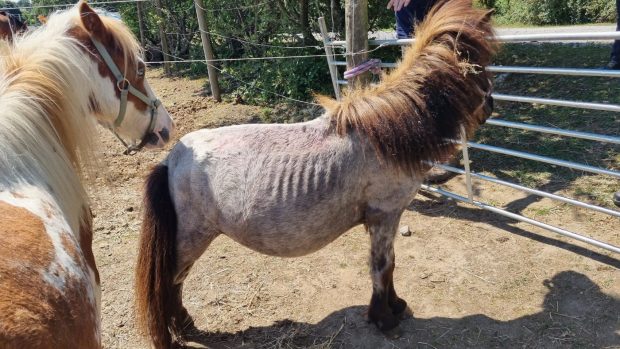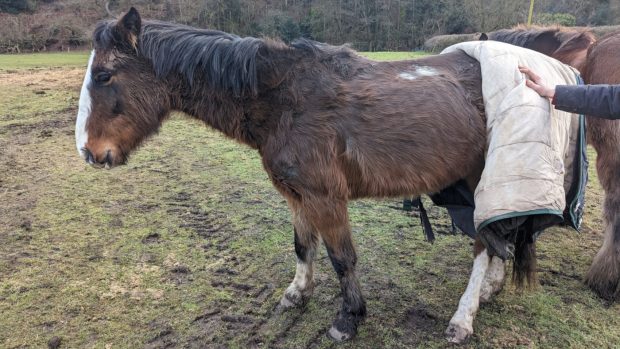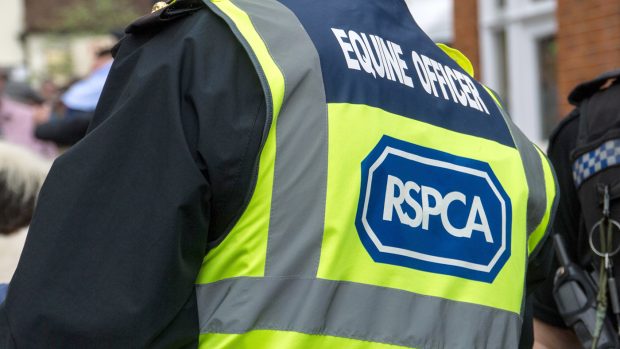Riders take responsibility for their injuries when they get on a horse.
That is the message from the Court of Appeal in London, which has rejected a compensation claim from a woman who needed 20 operations on her face after a riding accident.
Kara Goldsmith, of Hallgarth, Consett, Co Durham, sued after an accident when she was trying a horse which was being offered free to a good home.
Red bucked violently and reared up, causing Mrs Goldsmith to fall. The horse trod on her face – caving in one side.
But on 27 February, the Appeal Court ruled she had voluntarily accepted the risk the horse might buck when startled and was not due any damages.
The claim had been identified as an important test case to establish who carries the burden of risk when someone rides another person’s horse.
Richard Brooks of Withy King Solicitors has taken an interest in the case. “Mrs Goldsmith clearly deserves an enormous amount of sympathy as she has some terrible injuries,” he said.
“She argued that the buck that threw her was off the scale of things she anticipated.
“Unfortunately for her, the court gave this pretty short shrift and reaffirmed the principle that, if the injured person fully appreciated the general risk, they cannot claim compensation for injuries arising when that risk materialises.”
Barrister Jonathan Hand, of Outer Temple Chambers, said: “The case is helpful for owners of horses and their insurers, but not for riders. It’s up to riders to ensure they have their own insurance [when riding someone else’s horse].”
However, Mrs Goldsmith’s solicitor Mary Ann Charles, of Shaw & Co, does not think the result should set a precedent.
“All equine cases are very different and each will be tested on its merits,” she said.
“We felt Mrs Goldsmith had a proper case. She had a life-changing injury and did not appreciate this horse, which she had ridden a couple of times before with no problem, could react in the way it did.
“But the Court of Appeal felt if she knew a horse could do as Red did, she took the chance it would.”
Mr Brooks added: “There will still be successful cases when the claimant argues that they did not appreciate the risks – I can think of complete novice riders, or where the horse has an undisclosed quirk – but it does seem that the Goldsmith case has clarified the restriction on claims in a logical way.”
This news story was first published in the current issue of H&H (8 March 2012)
- If you were injured when trying a horse, would you be insured? For all your insurance needs, contact KBIS




